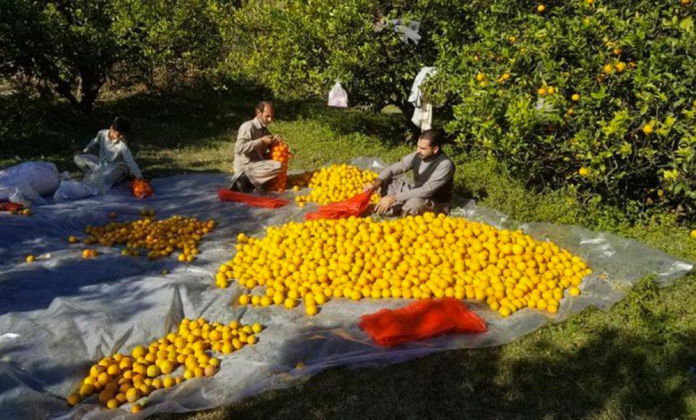20% Federal Excise Duty, 18% General Sales Tax hurts industry growth, agri value chain
In Pakistan, tax policies primarily focus on maximizing revenue, often at the expense of investment and economic development. This approach has led to an increase in regressive indirect taxes, which harm the economy, particularly affecting certain industry value chains. A prominent example is the federal excise duty (FED) on the packaged fruit juice industry, reports in news media surfaced.
Despite clear evidence of the negative impacts on the industry’s value chain — such as reduced sales volumes and revenues for juice producers, decreased government tax collection, fewer fruit purchases from farmers, and the rise of cheaper, unhealthy alternatives from the informal sector — the government raised the FED rate to 20% in this year’s budget, Geo News reported.
This inconsistency in policy has deterred many potential investors in the supply chain from proceeding with their investment plans.
The industry experienced a nearly 23% decline in sales, from Rs53.3 billion to Rs41.2 billion in one year, due to a retail price increase caused by a 5% FED introduced in the 2018-2019 fiscal year. Sales recovered after the FED was removed, resulting in three years of growth, according to Geo News.
By FY22, the industry achieved a turnover of approximately Rs62 billion and sourced an estimated 100,000 tonnes of mango, kinnow, apple, peach, and guava from farmers for pulp processing. The general sales tax (GST) collections increased, almost offsetting the revenue loss from the FED removal. Industry sales were projected to exceed Rs71 billion in FY23, the report cited.
However, the FED was reintroduced at a higher rate of 10% in February 2023 through a supplementary finance bill to meet IMF conditions for reinstating a suspended loan agreement.
This led to a 45% drop in sales volumes over the next two months, directly linked to the FED increase. Despite this, tax authorities doubled the FED to 20% instead of retracting it to meet IMF-mandated revenue targets in the current year’s budget.
As a result, tax-compliant juice producers saw a 41% decline in volumes, with sales revenues dropping to Rs49 billion in FY24, well below the previously forecasted Rs71 billion. This decline in revenue growth due to the high FED rate has continued to negatively affect the government’s sales tax revenue across the supply chain, harming fruit farmers and pulp processors.
The drop in sales volumes and revenues has led to job losses throughout the value chain and reduced income for fruit farmers. The industry is not fully utilizing its production capacity due to decreased demand caused by higher retail juice prices. Consequently, no new investments were made this fiscal year, nor are any planned for the next.
Several companies have had to lay off workers to reduce costs due to declining sales. Fruit pulp purchases have also decreased in line with the recent sales volume drop. At its peak, the formal juice industry procured over 100,000 tons of various fruits from farmers, significantly reducing their post-harvest losses, which typically ranged from 30-40%.
With taxes, including an 18% sales tax, making up about 42% of the retail juice price, the regressive levy is driving consumers towards cheaper, lower-quality alternatives from the undocumented sector.
These undocumented juice producers have captured 20% of the market and are profiting from selling low-quality products without paying taxes. The impact of the FED has been counterproductive, with no financial benefits to the national exchequer due to falling sales and volumes.
The formal packaged juice industry has significant export potential, reaching over 30 countries globally. However, this potential will not be realized if the industry cannot return to its growth path.


